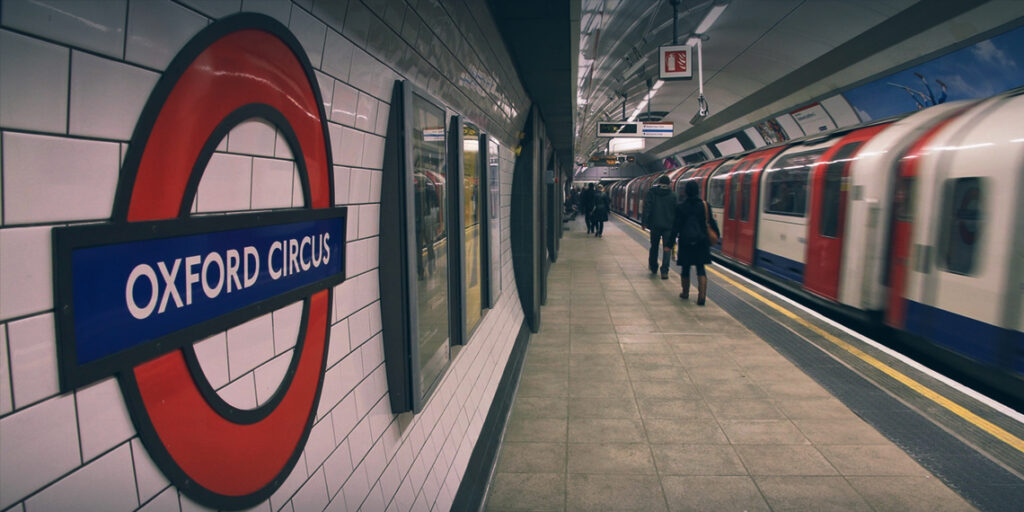Londoners will face a 4.6% increase in Tube and rail fares starting March 2, 2025, Mayor Sadiq Khan has announced. The fare hike aligns with the rise in regulated train fares across England’s mainline railway.
Transport for London’s (TfL) daily caps will rise by 40p to 70p, depending on the zones traveled, while London bus and tram fares will remain frozen at £1.75 for unlimited journeys within one hour.
Mayor Khan stated that the fare increases are necessary to secure “vital funding for key transport projects,” emphasizing the government’s role in requiring the adjustments.
TfL Fares and Upcoming Projects
Sadiq Khan highlighted his efforts to make TfL fares fairer and more affordable during his tenure, referencing the introduction of the Hopper bus fare and freezing fares for five years as mayor. However, he explained that the government mandated the hike to ensure continued funding for major transport initiatives.
“Following the government’s budget, ministers made clear that to secure national funding for key transport projects in the future, TfL Tube and rail fares would need to increase in line with national rail fares,” Khan explained.
The additional funding will enable TfL to pursue projects like the Superloop 2 and further upgrades to the Tube network, with a goal of creating a “fairer, safer, and greener London.”
Government and TfL Funding
According to the Department for Transport (DfT), October’s budget, delivered by Chancellor Rachel Reeves, allocated nearly £500m in additional funding for TfL. However, the DfT clarified that raising fares was not explicitly required as part of the funding package.
A DfT spokesperson commented, “We are committed to the biggest overhaul of our railways in a generation, from delivering better services to simpler ticketing.”
UK Rail Fares Among Europe’s Highest
The fare hike comes amid growing criticism of the high cost of rail travel in the UK compared to other European countries.
Analysis by campaign group Transport & Environment found that train fares on UK operators like Great Western Railway and Avanti West Coast are significantly more expensive than their European counterparts.
For example:
- Great Western Railway fares are two-and-a-half times higher than the European average for comparable routes.
- Avanti West Coast fares are 1.5 times higher than those in Europe.
The group attributed the high costs to expensive infrastructure and private monopolies.
To address these issues, the government plans to establish Great British Railways, a public sector body that will oversee rail infrastructure and train operations. The body is expected to be operational by the end of 2026 and aims to simplify fares and improve service delivery.
A DfT spokesperson acknowledged concerns over the cost of rail travel, stating, “While some of our fare types are among the cheapest in Europe, particularly when booked in advance, we recognize the need for simpler ticketing to make rail travel more accessible for passengers.”
As the fare increases take effect, Londoners and rail passengers across England will continue to face rising costs, even as the government promises reforms to improve affordability and efficiency.


